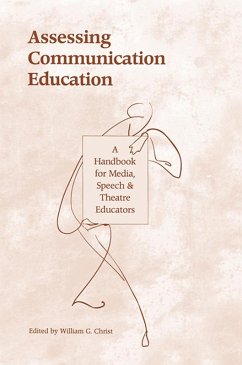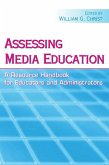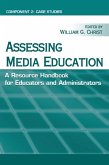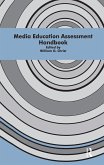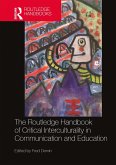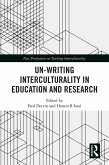The book is divided into three sections: background and foundational information for assessment; broad assessment strategies that apply to a variety of media, "speech," and theatre courses and programs; and context-specific assessment strategies. While covering a host of topics, it:
* provides an overview of assessment and suggests how it might impact communication education,
* discusses the elements of program assessment and how linkage of mission statements with outcomes can lead to strong, innovative programs,
* compares and contrasts regional association requirements and presents a specific how-to strategy for writing outcome statements,
* discusses teaching evaluation and argues that we need to identify the "what" of teaching before we try to measure the "how,"
* looks at creative ways for formative and summative course evaluation that starts with the creation of an explicit syllabus,
* discusses the use of capstone courses as a way of evaluating not only their major but also how students have integrated their "total" educational experience,
* suggests the variety of ways that interpersonal communication can be assessed and calls for future research that stresses the "knowledge" component of learning,
* reports on a strategy for developing small group communication assessment measures, and
* provides media, speech, and theatre faculty and administrators with the background, understanding and tools to build stonger programs and develop better courses and educational experiences for their students.
Dieser Download kann aus rechtlichen Gründen nur mit Rechnungsadresse in A, B, BG, CY, CZ, D, DK, EW, E, FIN, F, GR, HR, H, IRL, I, LT, L, LR, M, NL, PL, P, R, S, SLO, SK ausgeliefert werden.

